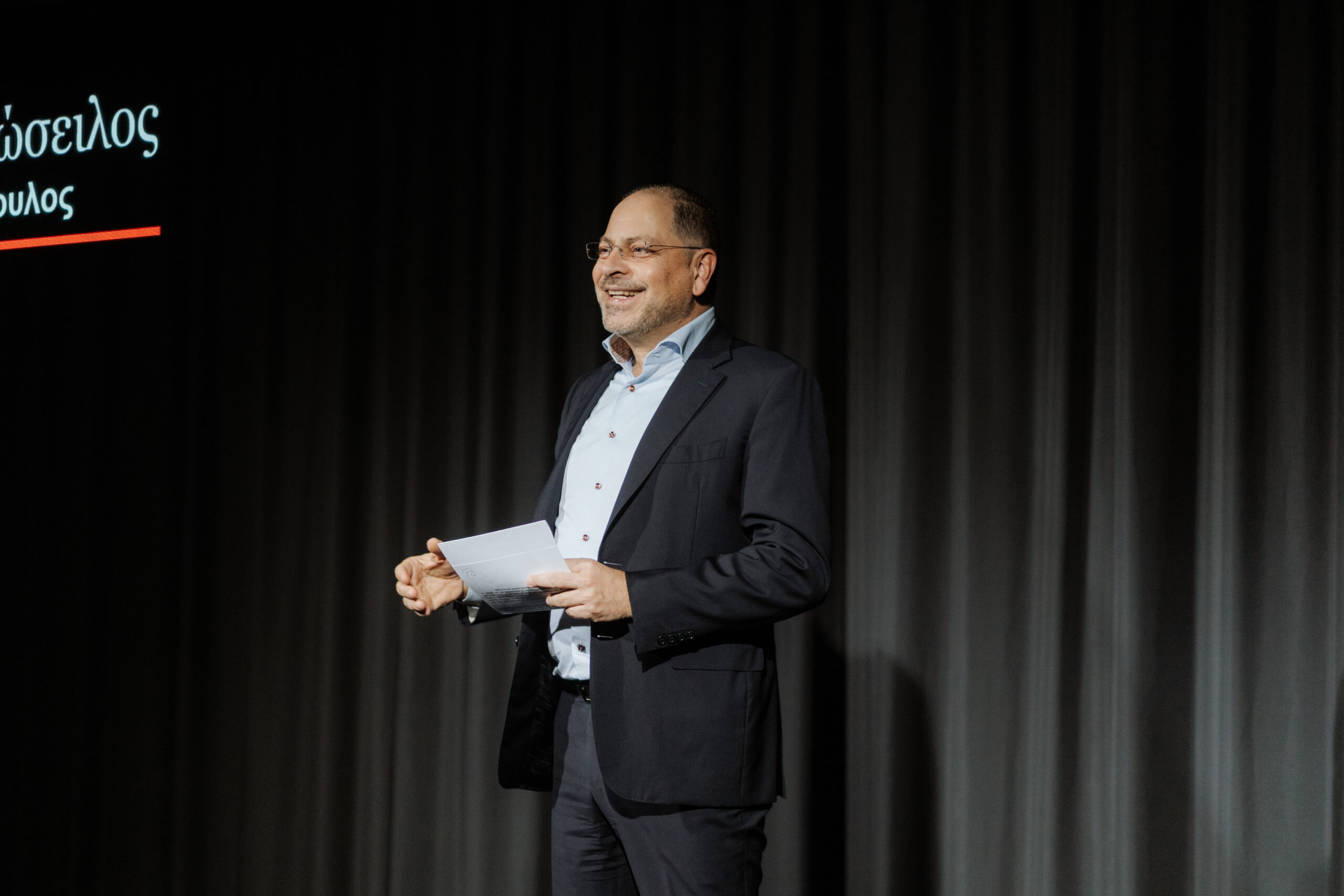Some 159 CEOs in Cyprus expect a decrease in global economic growth but are more optimistic about the Cypriot economy over the next 12 months, according to PwC’s annual Global CEO Survey.
The conditions prevailing in the international scene have made CEOs considerably more pessimistic about the global economy, with 69% predicting it will decline.
Views of local CEO were among 4,410 from 105 countries in the PwC survey.
The bleak CEO outlook is the most pessimistic regarding global economic growth since PwC began asking this question 12 years ago and is a significant departure from the optimistic outlooks of 2021 and 2022.
But CEOs are more optimistic regarding the course of the Cypriot economy, as the percentage of those who believe that it will shrink (56%) is smaller compared to the course of the global economy.
However, CEOs are more optimistic about their company’s revenue growth prospects, with 48% stating they are moderately confident.
A similar strong confidence trend about their own company’s revenue growth prospects is noted in the Eurozone and Globally.
Economically viable
One of the most important findings of this year’s survey is the concern of CEOs about the sustainability of their businesses.
Asked if their company will be economically viable if it continues running on its current path, 40% of CEOs in Cyprus and 39% in the Eurozone and Globally answered that their company would not be economically viable within the decade.
When asked about the forces most likely to affect their industry’s profitability over the next 10 years, 60% replied skills shortages, 59% technology disruptors, and 58% cited supply chain disruption.
Merely 41% pointed to the transition to new energy sources and the impact those sources will bring forth.
The main concerns
Cyprus’ business leaders feel that the threats to their company’s growth prospects in the next 12 months are the following: inflation (47%), geopolitical risks (41%), and macroeconomic instability (26%), which also troubles the rest of society at large.
The main difference from last year is the decline in “health risks”.
Health risks had dominated the list of threats in the 2022 survey, while now they are significantly lower– fifth place in the ranking of threats to Cyprus businesses.
Countermeasures
To mitigate their exposure to the effects of geopolitical conflict, nearly half (48%) plan to adjust their presence in current markets and expand into new ones, while 42% are considering diversifying their product/service offering.
In their effort to mitigate against potential economic challenges and volatility, CEOs have started to reduce their operating costs (47%), collaborate with other suppliers (47%); and raise the prices of their products/services (40%).
No salary reductions
As it appears, efforts to reduce the operating costs of businesses are not directed towards reducing the compensation of their people.
Some 81% of CEOs in Cyprus state that whatever happens, they will not reduce the current salaries of their staff.
At the same time, a significant 65% believe that they will not reduce their workforce and 63% that they will not delay the agreements they have concluded.
CEO of PwC Cyprus, Philippos Soseilos, said: “The 159 CEOs from Cyprus who participated in the survey give us a clear picture of what gives them optimism, but even more so of what worries them during current difficult times.
“The multiple crises we face today are mainly due to the acceleration of the so-called long-term megatrends and the difficulty of getting ahead of them.
“Some events of recent years, such as the pandemic of COVID-19 and the war in Ukraine, have accelerated megatrends such as technological innovation and evolution, climate change, geopolitical shifts and social uncertainty.
“The bet now is to move in a timely and transformative manner across the entire spectrum of society, economy, entrepreneurship and governance.”









